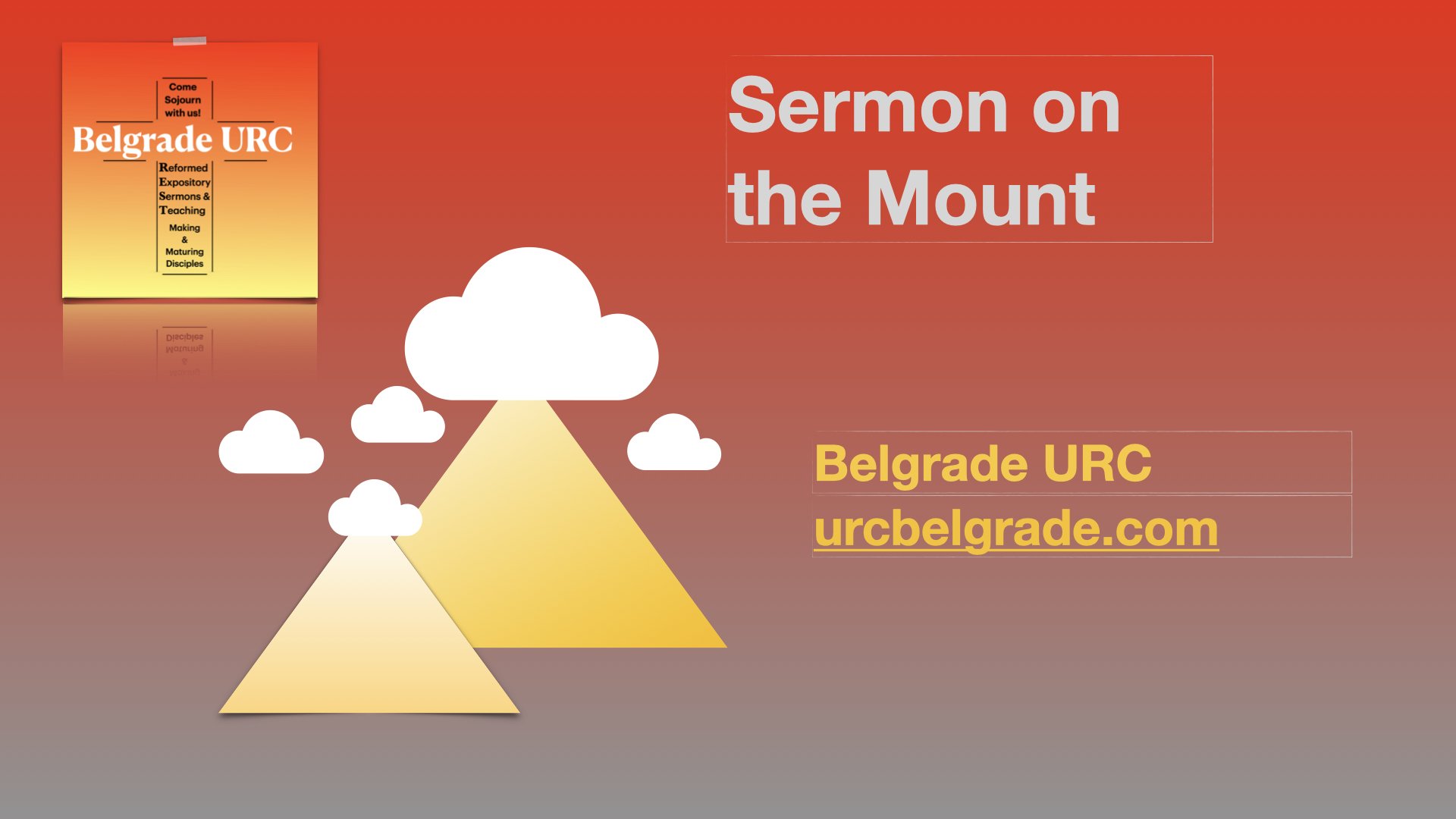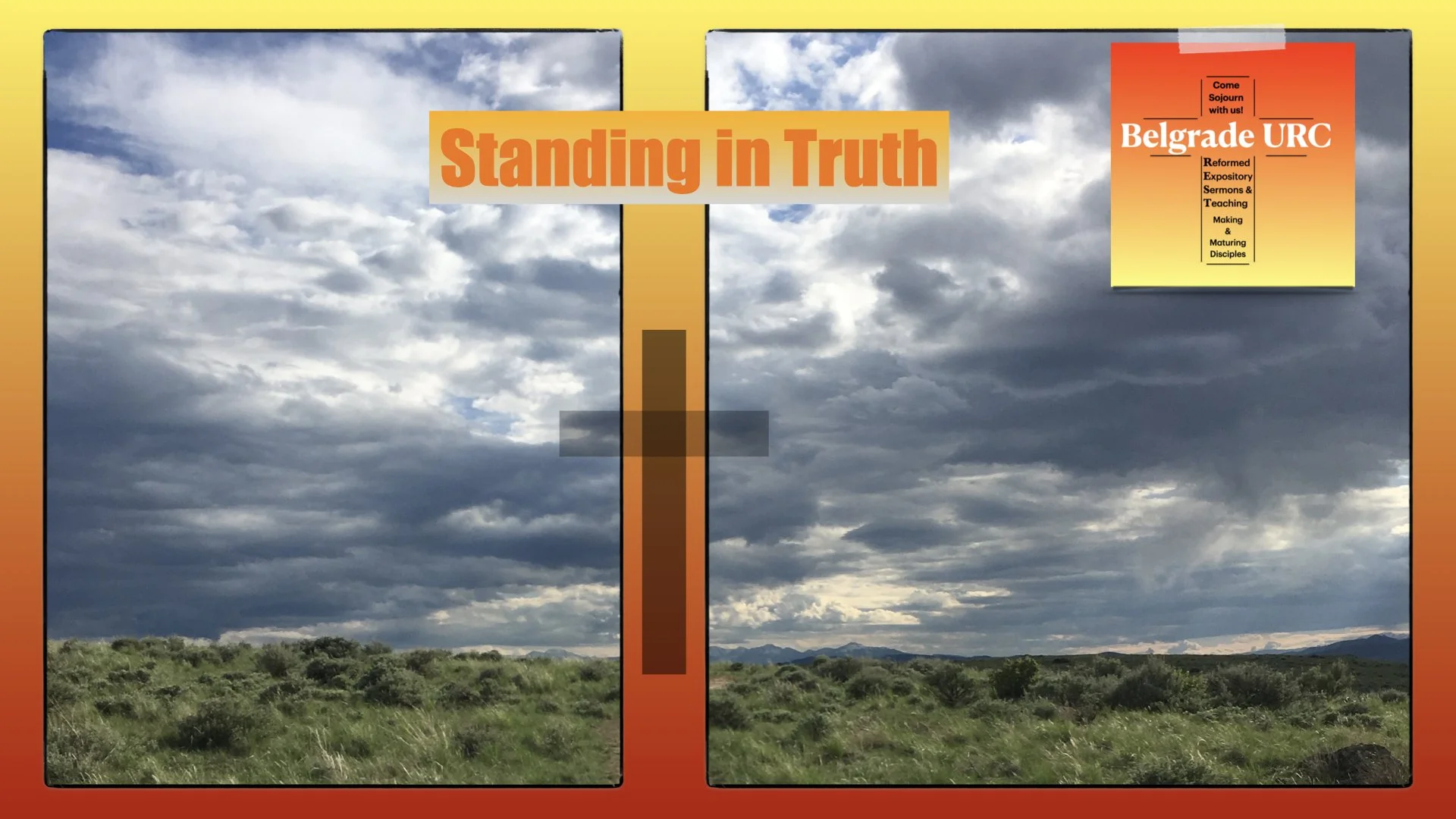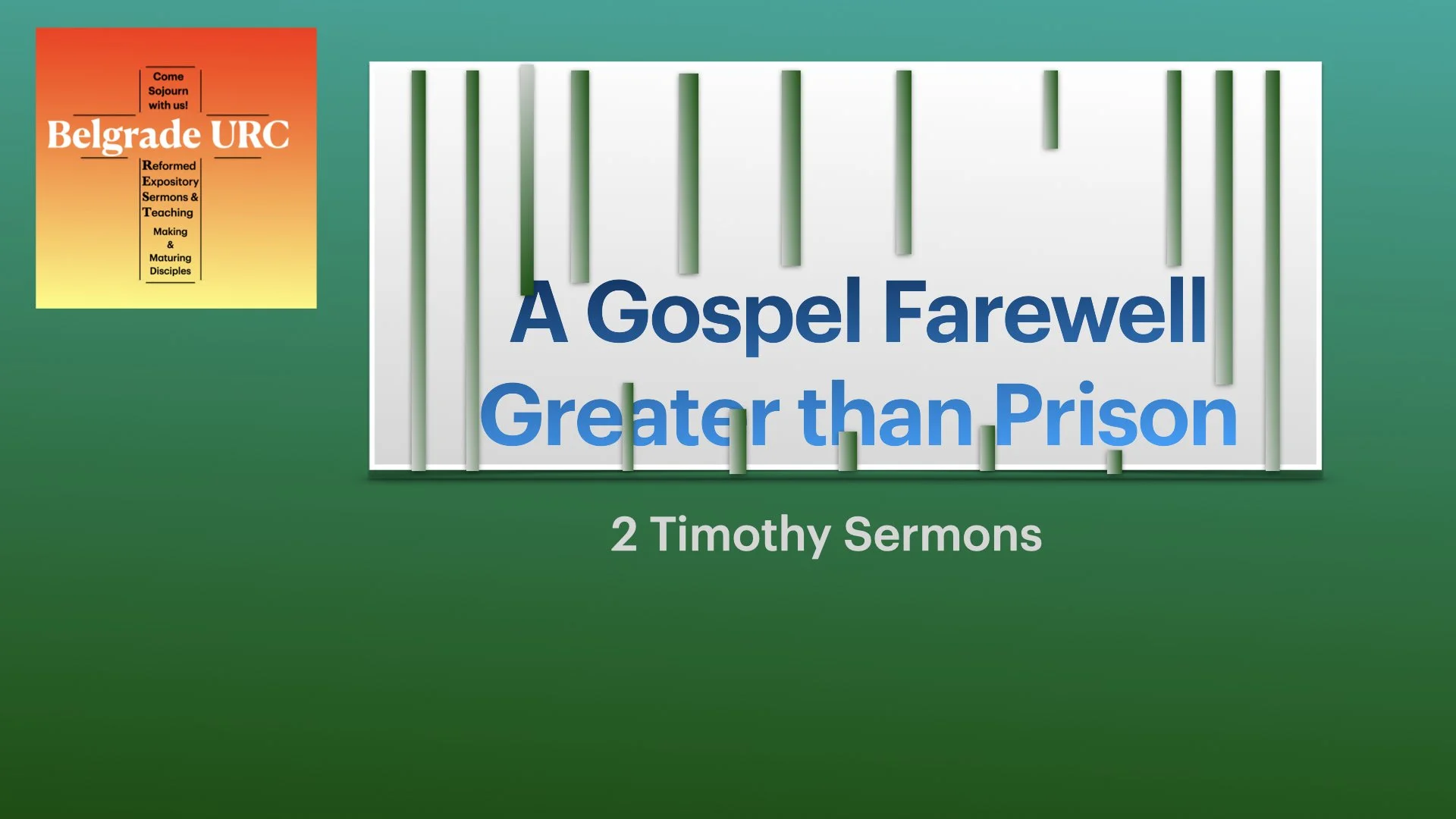Wicked Women (Zechariah 5:1-11)
/Zechariah sees a woman in a basket and then two women carrying her away to the land of Shinar. This is a vision of the Lord removing wickedness from the midst of his people in his holy land. Those who desire to worship other gods or being rebellion against God will be carried over to he Babelite community





